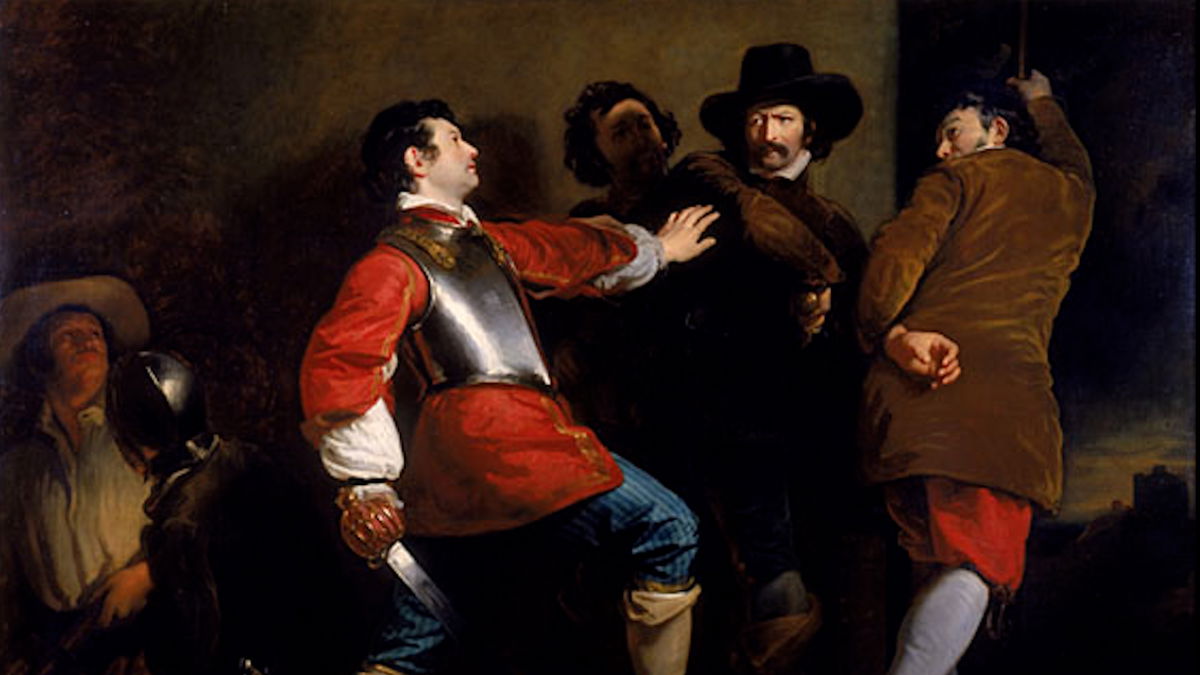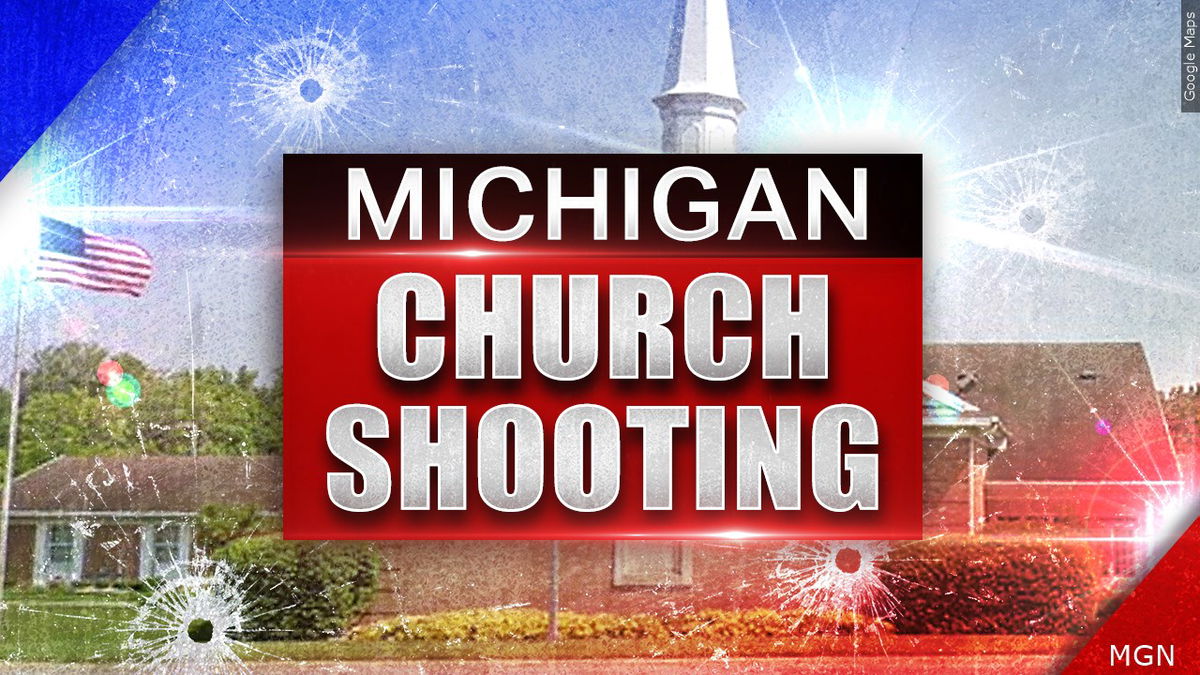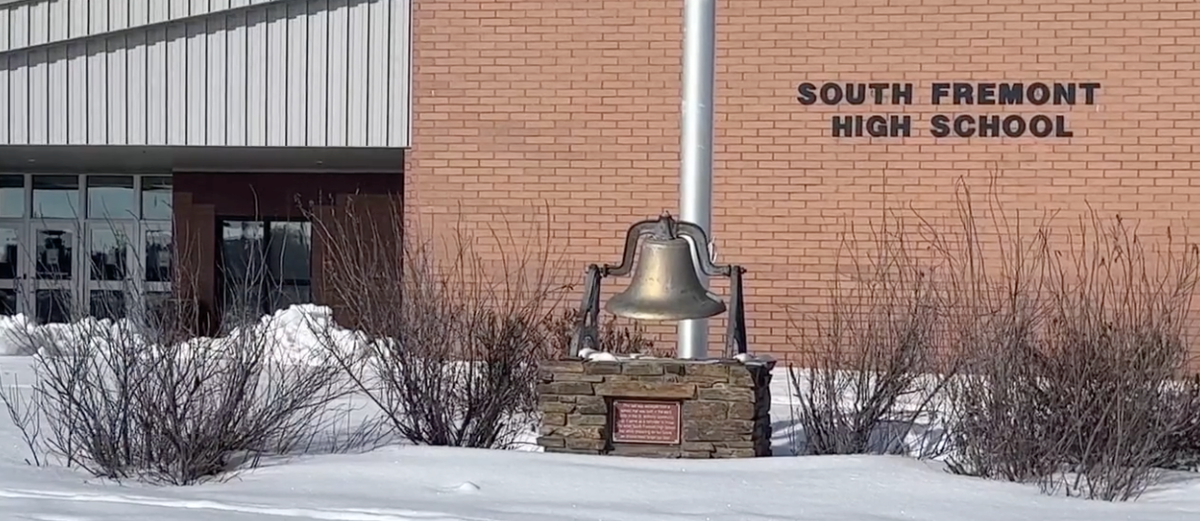
IDAHO FALLS, Idaho (KIFI) — On this day in 1605, an unsuccessful regicide attempt was made in London.
The effort was led by Robert Catesby. The plan was to ignite 36 barrels of gunpowder, destroying the House of Lords during the state opening of Parliament, and killing most of the government, including King James the First.
But an anonymous letter was sent to one a member of the House of Lords, Lord Monteagle, basically saying, “I like you, don’t come to tea tomorrow.”
After the member of parliament reported the letter, a frantic search led to a mountain of explosives being found in the undercroft, with the now infamous Guy Fawkes guarding it.
There were thirteen unlucky conspirators who were motivated by what they saw as unfair treatment of Catholics in a country that was increasingly becoming Protestant.
Guy Fawkes was tortured and hanged, some conspirators were killed in a standoff, and those that weren’t were drawn and quartered. In the end, anti-catholic laws tightened.
Interesting fact, the term guy comes from Guy Fawkes. It’s British tradition that on November 5th, a bonfire is lit to commemorate the failed assassination attempt. As part of the ceremony, children make Guys, little dolls meant to represent the traitor, that are then thrown into the fire. Calling someone a “guy” was referring to a person who dressed weird, like how the doll would look, and then overtime, it just became a reference to any man.
Here’s a famous poem to go along with this story:
“Remember, remember, the 5th of November,
Gunpowder, treason and plot.
I see no reason
Why gunpowder treason
Should ever be forgot.
Guy Fawkes, Guy Fawkes, ’twas his intent
To blow up the King and the Parliament
Three score barrels of powder below
Poor old England to overthrow
By God’s providence he was catch’d
With a dark lantern and burning match
Holler boys, holler boys, let the bells ring
Holler boys, holler boys
God save the King!“
Sources for this story:



